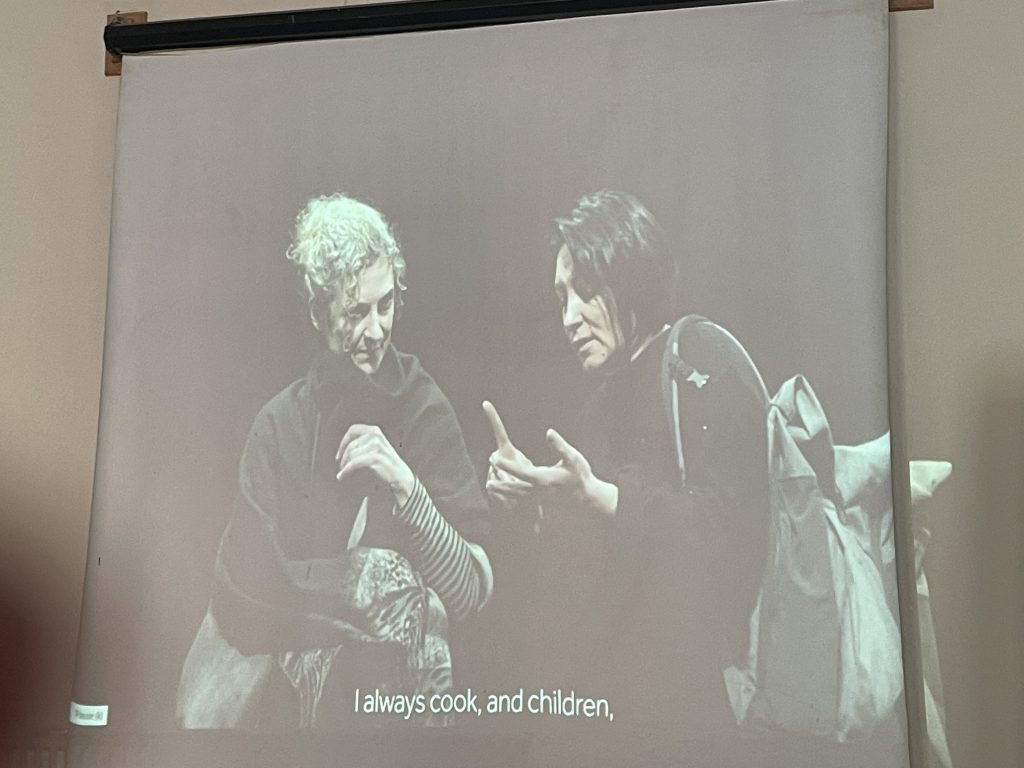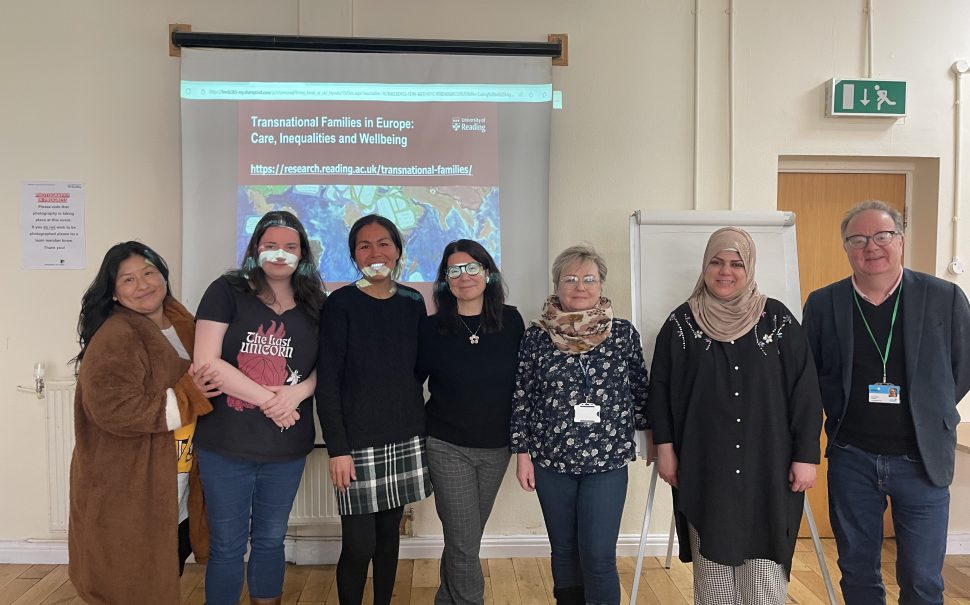Researchers from the universities of Leeds and Reading launched a new report in Manchester on Friday, exploring the relationships between care and inequalities in transnational families.
A transnational family is a familial group with members living in different countries or regions, but still feel a sense of unity and familyhood across those borders.
The event took place in Central Hall Manchester, and invited discussion on the ‘Care, inequalities and wellbeing among transnational families in Europe’ report from several third-sector partner organisations including Migrant Support.
The research found that separation from extensive family networks means that children are often required to take on “invisible” caring roles. These can include providing translation and administrative support to parents, caring for elderly or sick family members, and domestic labour – all whilst trying their best to engage in their school and social lives.
Maissa, aged nine, from Syria and living in the UK, said: “I help my mum and dad when we go out. They don’t understand something so I explain it to them.
“But it’s not always that I understand every word. There are difficult words for me.”
Researchers conducted interviews and other qualitative research methods with multiple generations of 122 transnational families across 14 different ethnicities living in the UK, France, Sweden and Spain. These countries were chosen due to their varying welfare models and rules around family reunification.
Transnational families are growing in number, as migration and displacement due to political instability or conflict increases – and more families become separated.
Within the study, 14 of 18 interviewed had caring responsibilities for family members. But only two had been recognised as ‘young carers’.
Speaking to MM, Dr Rosa Mas Giralt from the University of Reading said: “Many children don’t even realise they are carers. They just see it as their role in the family. It’s invisible.
“Children in these families do a lot of the emotional support in looking after their parents.”

The report touched on digital tools, which have become essential for transnational families to communicate. But the generational technological divide causes young people to become “digital brokers”, filling out online forms and applications for family members.
Children might have to interpret medical information, which can raise ethical issues on the negative impact on their wellbeing.
Dr Mas Giralt said: “Other children don’t have these responsibilities. But young people don’t want to tell their teachers as they’re embarrassed. They don’t want to be different, or ‘other’.”
The report proposed country-specific policy and practice recommendations, including the recognition of children’s care work in transnational families.
The project was funded by the Joint Programming Initiative (JPI) and Economic and Social Research Council (ESRC).
The report can be found here and further information on the project can be found here.




